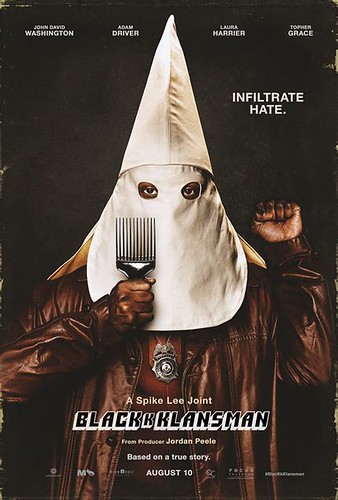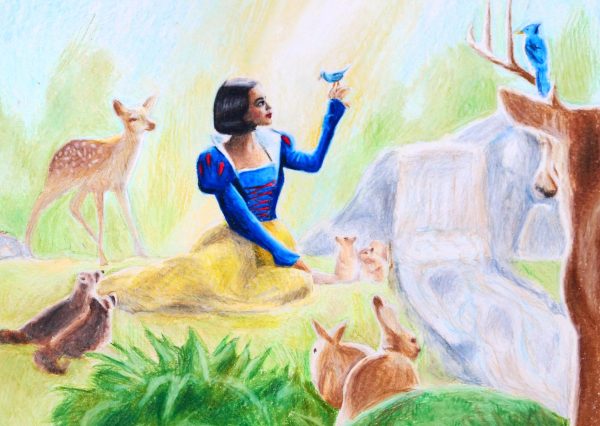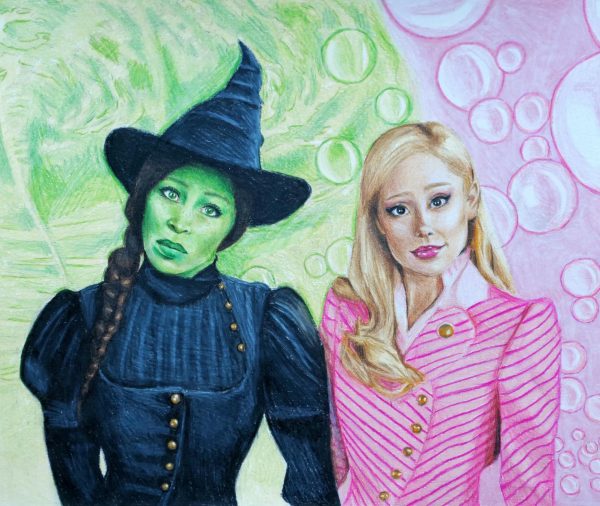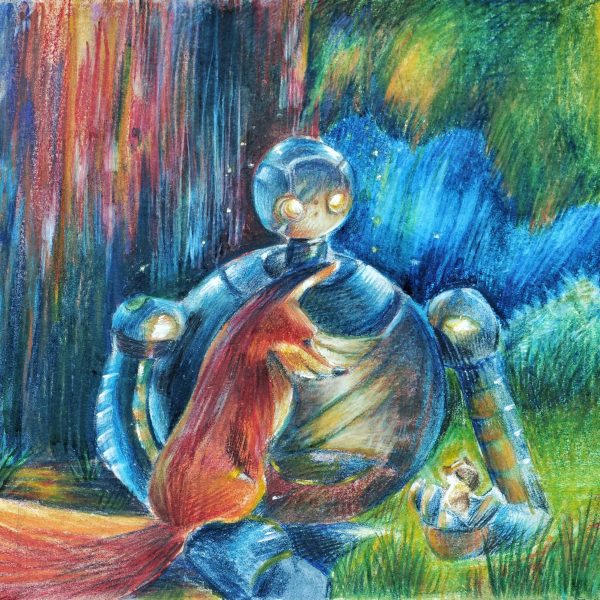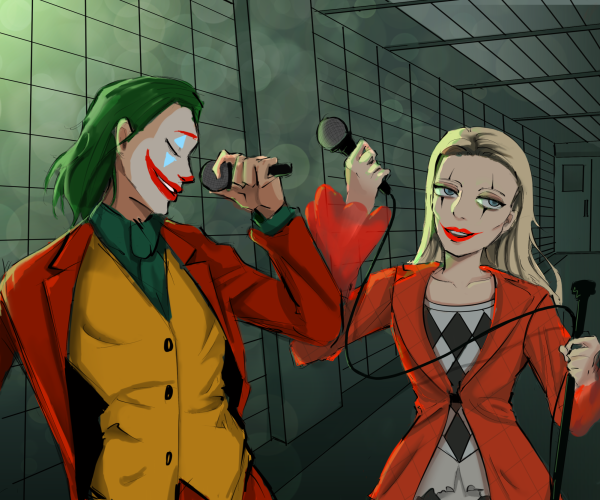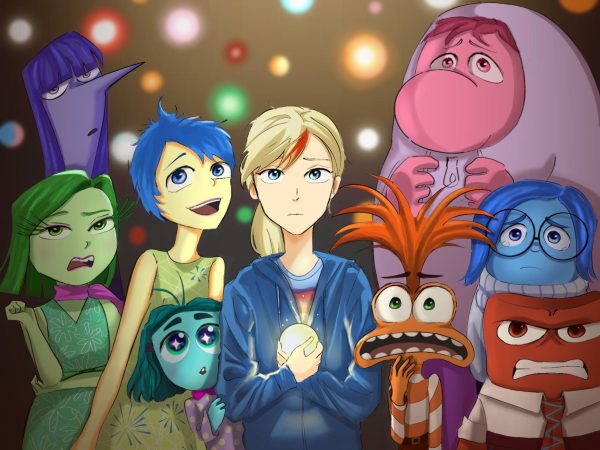Race Relations
Director Spike Lee does the right things with this true-crime masterpiece
Spike Lee’s latest “joint,” the passion project, BlacKkKlansman, is an incendiary masterpiece filled with hilarious, multi-layered humor, and harrowing socio-political commentary about race in America.
There are a lot of elements that this movie does justice to — its cinematography (by Chayse Irvin) is beautiful; the humor is innovative; and the endearing chemistry between the protagonists, especially Ron Stallworth (John David Washington) and Flip Zimmerman (Adam Driver), helps to constantly keep the film lively and fresh. What the movie does best, however, is its masterful assessment and critique of fractured race relations in America.
Based on a true story chronicled in Ron Stallworth’s 2014 memoir Black Klansman, the main character, African American cop Stallworth, experiences overt racism in his Colorado Springs community, from racial slurs casually slung by KKK Imperial Wizard David Duke (Topher Grace), to side glances and snide remarks by his white counterparts that creates palpable tension. His cop partner, the Jewish Zimmerman, also experiences racism when crazed Klansman Flex (Jasper Pääkkönen) threatens to put Zimmerman through a “Jew lie detector test.”
BlacKkKlansman is most notable, however, for how it showcases a bridge between black and white communities, and spotlights commonalities between races. Films such as Get Out (2017) and 12 Years a Slave (2013), while remarkable for also shedding light on racism, largely portray the white community as “bad guys,” with the only good white people being contrarians. BlacKkKlansman, however, is unapologetic in the way that it brings disparate communities together against hate groups like the KKK. The diverse Colorado Springs police department unite as one to stamp out the hate that plagues their mountain community in the 1970s.
Along the way, Stallworth becomes romantically involved with Patrice (Laura Harrier), a radical Black Student Union president, and he must keep his job as a police officer secret from her because Patrice hates the police. As a radical leftist in charge of the biggest black union at Colorado College, she frequently spits on images of cops and derisively calls them “pigs” due to moments of police brutality and racism she has experienced.
Although Stallworth is attracted to her, his identity of being a cop gets in the way more than once during their relationship. Just like Patrice has come to hate the police over their perceived systematic oppression of people of color, so too does Stallworth fight to prove that black men can be police officers as well. (In an America where police brutality and anti-police sentiments run high, it is refreshing to see a black cop as a protagonist.)
Another intriguing element in the film is the way BlacKkKlansman portrays the KKK as both blue collar, day-to-day workers caught up in the drudgery of life and as dangerous, hate-motivated, white hood-wearing racists. This depiction of them as seemingly ordinary citizens in small-town America is frightening because it shows the pervasiveness and anonymity of hate. The movie does not humanize or glamorize the KKK in any way; rather, it reveals that our closest neighbors, friends, and even family can be racists. BlacKkKlansman is Lee’s statement that racism exists among us, in 2018, in every walk of life.
In the wake of racist rallies in Charlottesville and the rise of white Nationalism, Lee’s movie and its message is especially timely and relevant. After the ending sequence of the movie, footage featuring hate groups marching in Charlottesville appears, with a final clip of President Donald Trump’s much-derided comparison of white supremacists and protestors being on morally equal footing. It’s unedited, and the message is clear: racism lives among us today.
It’s risky for a film to be so direct with its criticism of current race relations in America, but Lee manages to do so in a fresh and refreshing way.
Your donation supports the student journalists at Brea Olinda High School! The contribution will help us purchase equipment, upgrade technology, and cover our annual website hosting costs.


